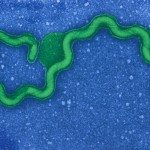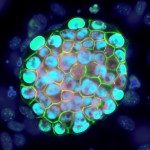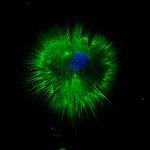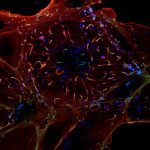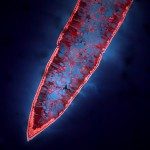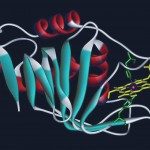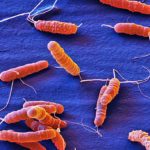https://research.pasteur.fr/en/team/biology-of-spirochetes/
Dive into the Fascinating World of Spirochetes !
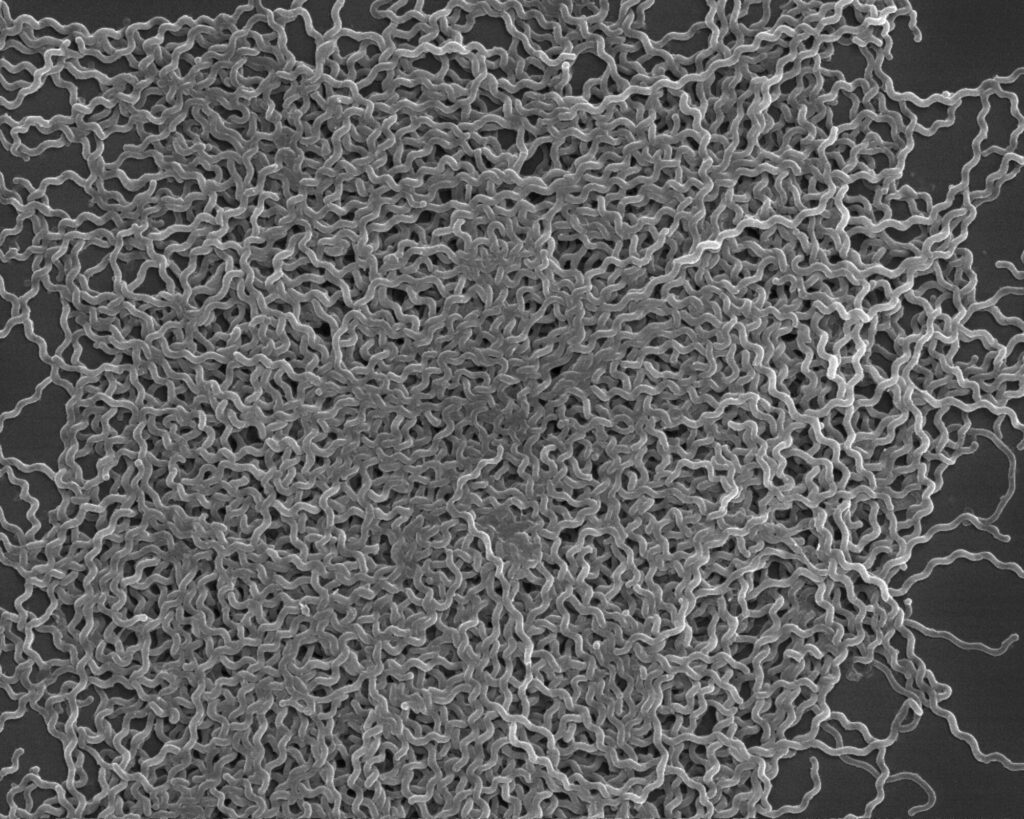
Do you want to contribute to a project aiming at understanding what makes Leptospira harmful for humans and how pathogenicity emerges in this genus?
Join our team as a Post-Doctoral Fellow and be part of the NIH Program Project consortium “Host-Pathogen Dynamics in Leptospirosis”
Project Overview:
Leptospirosis is a re-emerging neglected zoonosis as climate and demographic changes fuel ideal conditions, including rising inequality, for rat-borne transmission to humans. Despite these concerning projections, little is known about the ability of the etiologic agent to adapt to different hosts and cause disease. Leptospira remains a challenging genus on which to perform genetic studies and is characterized by a high proportion of proteins of unknown function not present in other pathogens. This is generally also true for other spirochetes which are an ancestral and unique group of bacteria including the agents of important infectious diseases including Lyme disease and syphilis. They, therefore, represent an alternative model for the general understanding of host adaptation and evolution of pathogens. We have established a fantastic consortium to decipher Leptospira virulence mechanisms that includes teams specialized in host-pathogen interactions (Jenifer Coburn, Medical College Wisconsin), host response (David Haake, UCLA) and clinical leptospirosis (Megan Reller, Duke university).
Your Role:
As a key player in this project, you’ll work closely with other collaborative teams, bridging the gap between cell biology, genomics and pathogenesis. With your expertise in cell biology (cell culture of human primary cells), you will characterize the mechanisms of host-adaptation of pathogenic Leptospira.
Qualification:
An expertise in molecular biology, bioinformatics, imaging and/or infectious models will be appreciated.
Starting Date & Duration:
This position is opened starting mid 2024 for a total of 3 years.
Location:
The Institut Pasteur (https://www.pasteur.fr/en) is a world-renowned center of excellence for its research in biology, infectious diseases and immunology. The Institut Pasteur is located in the center of Paris and offers outstanding research facilities, including state-of-the-art imaging and omics, providing cutting edge technologies. The Biology of Spirochetes unit also hosts the French National Reference Center for Leptospirosis and a WHO Collaborating Center for Reference and Research on Leptospirosis.
How to Apply:
Ready to seize this unique opportunity? Send your CV and a motivation letter with at least two references to:
mathieu.picardeau@pasteur.fr
nadia.benaroudj@pasteur.fr
References:
Evolutionary insights into the emergence of virulent Leptospira spirochetes. Alexandre Giraud-Gatineau, Cecilia Nieves, Luke Harrison, Nadia Benaroudj, Frederic J. Veyrier, Mathieu Picardeau. https://biorxiv.org/cgi/content/short/2024.04.02.587687v1
The oxidative stress response of pathogenic Leptospira is controlled by two peroxide stress regulators which putatively cooperate in controlling virulence. Zavala-Alvarado C, G Huete S, Vincent AT, Sismeiro O, Legendre R, Varet H, Bussotti G, Lorioux C, Lechat P, Coppée JY, Veyrier FJ, Picardeau M, Benaroudj N. PLoS Pathog. 2021 Dec 2;17(12):e1009087. doi: 10.1371/journal.ppat.1009087. eCollection 2021 Dec.PMID: 34855911
